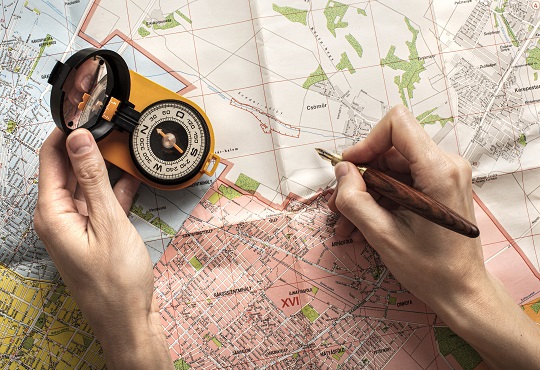IIT (ISM) Dhanbad Launches India’s First Geoarchaeology Course

- India’s first Geoarchaeology course bridging science, humanities, and environmental studies.
- Offers hands-on training in excavation, geomapping, and advanced scientific analysis.
- Opens new career paths in heritage conservation, climate research, and archaeology.
IIT (ISM) Dhanbad has introduced the nation’s first Geoarchaeology course, uniquely connecting science and humanities. The updated program will allow students to investigate how alterations in Earth and climate have influenced human existence.
The institute states that this three-credit open elective course will begin in the upcoming winter semester for BTech, MTech, and PhD students. Created in accordance with the National Education Policy (NEP) 2020, the course encourages adaptable, cohesive learning across various fields.
Geoarchaeology integrates geology, archaeology, environmental science, and human studies. It will assist students in grasping the changing connection between humans and nature throughout history. The program covers archaeological methods, excavation, sampling, artefact examination, in addition to advanced scientific techniques, including biomarker and isotope analysis, geomapping, and digital surveying.
The institute will host esteemed archaeologists and geologists from India and other countries to present their research and field experiences, offering students valuable practical knowledge at both research and fieldwork stages.
Also Read: IIT Delhi Announces Winter Internship 2025 Programme, Apply Now
The course is dedicated to Professor SN Rajguru, recognized for establishing the groundwork of geoarchaeology in India. This effort by IIT (ISM) Dhanbad will enhance students’ comprehension of Earth’s past and environmental shifts while also motivating multidisciplinary research viewpoints.
The introduction of this pioneering course emphasizes IIT (ISM) Dhanbad’s dedication to promoting interdisciplinary education and research. Through the integration of scientific research with historical and cultural investigation, the institute seeks to cultivate critical thinking and analytical abilities in students. This initiative aims to create new job opportunities in heritage preservation, climate research, and environmental archaeology, promoting international academic colloboration.

.jpg)